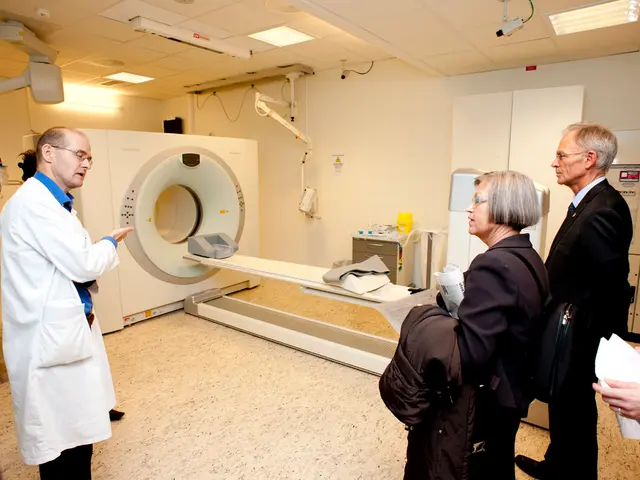Organ donation procedures: Which system—consent-based or presumed consent—is more effective?
Organ donation policies around the globe differ significantly, and the debate regarding opt-in versus opt-out systems persists. To tackle this, a team of researchers from the UK examined the organ donation protocols of 48 countries for a period of 13 years.
In an opt-in system, individuals need to actively sign up for the donor registry. On the other hand, opt-out systems presume consent for organ donation unless an individual specifically requests otherwise before their demise.
Prof. Eamonn Ferguson, lead author from the University of Nottingham, acknowledges the potential drawbacks associated with these systems:
"People may not act due to numerous reasons, including loss aversion, effort, and believing that the authorities have made the 'right' decision that they believe in."
While inaction in an opt-in system may leave individuals who would want to donate inactive (a false negative), inaction in an opt-out system could potentially result in an individual who does not wish to donate becoming a donor, inadvertently (a false positive).
The US follows an opt-in system, and despite facilitating 28,000 transplants last year, approximately 18 people still die daily due to a lack of donated organs.
The researchers found that countries using opt-out systems tend to have higher total numbers of kidneys donated. These are the organs that most people on organ transplant lists are awaiting. Opt-out systems also recorded the greater overall number of organ transplants.
However, opt-in systems showed a higher rate of kidney donations from living donors. This apparent influence on living donation rates is a subtlety that warranted highlighting, according to Prof. Ferguson.
The study's limitations included the lack of distinction between the varying degrees of opt-out legislation. Other factors influencing organ donation were not assessed due to the observational nature of the study.
The authors suggest their findings could be utilized in future policy decisions, provided that international organ donation information is routinely shared, made publicly accessible, and includes factors like consent type, procurement procedures, and hospital bed availability.
Prof. Ferguson recommends future research to examine individual perspectives and beliefs regarding organ donation to gain a deeper understanding of the influence of consent legislation on donation and transplantation rates. Completely overhauling the organ donation system may not solve the donor shortage, but adopting elements from successful models like Spain's could offer solutions.
In Spain, where they have the highest organ donation rate globally, the success is attributed to measures such as a transplant co-ordination network and improved public information on organ donation, among other factors.
The question of farming animal organs for human transplants has gained attention recently as a potential solution to the organ shortage. Could this be a viable solution, or should efforts focus on refining organ donation policies instead?
- The contextual analysis of organ donation protocols in 48 countries over a 13-year period revealed that opt-out systems tend to result in higher total numbers of kidneys donated and overall organ transplants.
- While opt-out systems have proven to be effective in increasing organ donation numbers, they are not without controversy, as inaction by an individual who does not wish to donate could result in their unintentional inclusion in the donor pool (a false positive).
- On the other hand, an opt-in system, like the one followed in the US, may lead to a higher number of kidney donations from living donors, highlighting a subtlety that warrants attention in future policy decisions.
- To refine organ donation policies, researchers propose using the findings from studies like this one, which includes the routine sharing, public accessibility, and thoroughness of international organ donation data, factors like consent type, procurement procedures, and hospital bed availability.
- In the political landscape of health-and-wellness, questions regarding the farming of animal organs for human transplants as a potential solution to the organ shortage have gained traction, but Prof. Ferguson suggests focusing on refining organ donation policies before turning to unconventional methods, such as animal organ farming, to address the issue.







